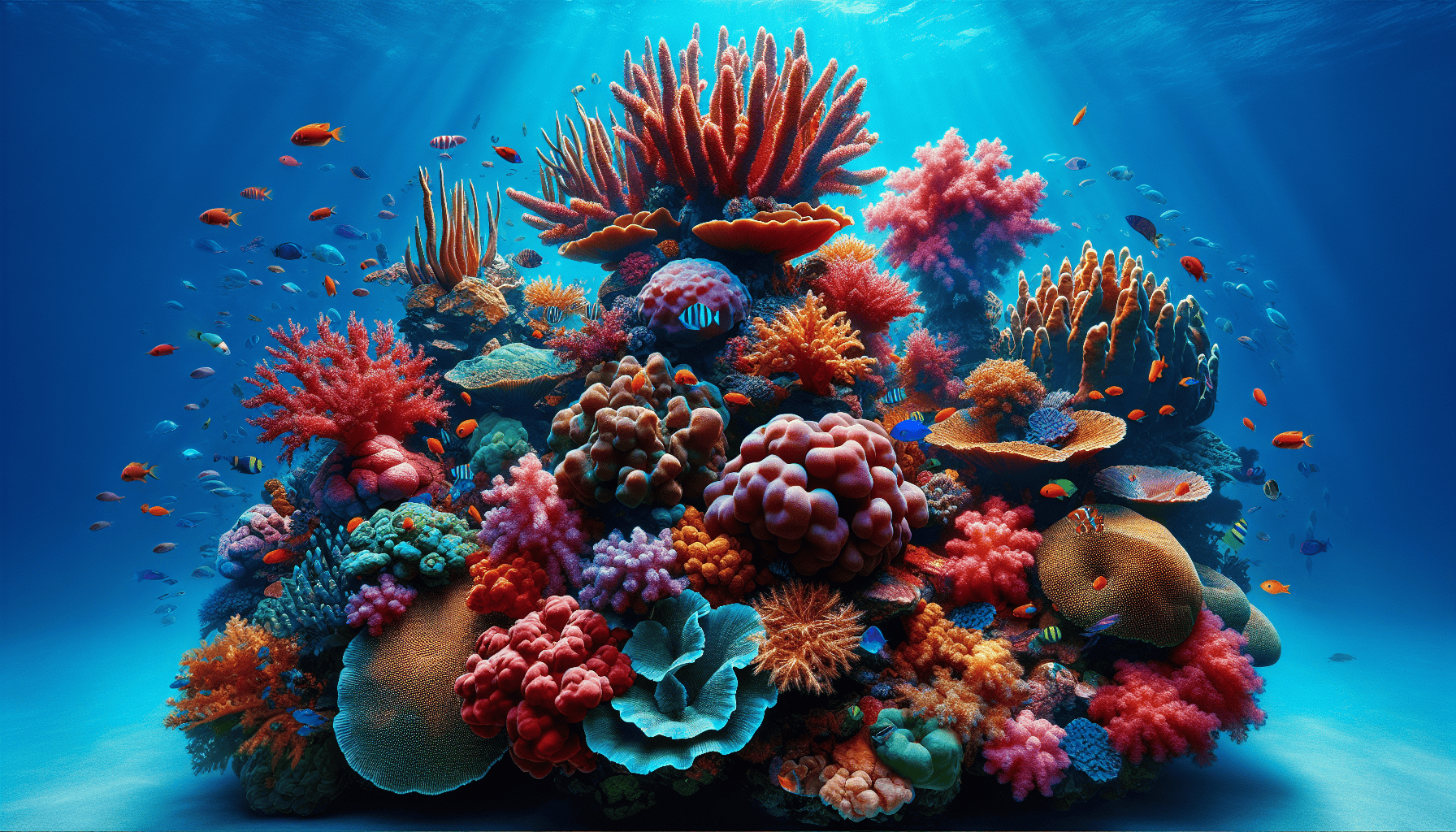The vastness of the ocean, covering over 70% of the Earth's surface, plays a crucial role in regulating the planet’s climate, providing food and livelihoods for billions, and housing an incredible diversity of life. However, this intricate and vital ecosystem faces numerous threats that challenge its health and sustainability. In recent years, ocean conservation has become a focal point for environmental efforts globally, highlighting both the challenges faced and the notable progress achieved in preserving marine ecosystems.
Challenges in Ocean Conservation
One of the primary challenges in ocean conservation is pollution, particularly from plastics. Each year, millions of tons of plastic waste enter the oceans, harming marine life through ingestion and entanglement. These plastics break down into microplastics, infiltrating the food chain and posing threats to both marine creatures and humans.
Climate change represents another significant threat, with rising sea temperatures leading to coral bleaching and the disruption of marine biodiversity. The acidification of oceans, resulting from increased CO2 absorption, alters the delicate balance of marine environments, affecting shell-forming species and impacting the entire food web.
Overfishing is a critical issue, as unsustainable fishing practices deplete fish stocks at a rate faster than they can replenish. This mismanagement threatens to collapse entire ecosystems, impacting food security and the livelihoods of millions who depend on fisheries.
Moreover, coastal development and habitat destruction are diminishing critical marine habitats such as mangroves, seagrasses, and coral reefs. These areas are not only biodiversity hotspots but also serve as natural buffers against climate impacts, absorbing carbon and protecting shorelines from erosion.
Progress in Ocean Conservation
Despite these challenges, significant strides have been made in promoting ocean conservation. One of the most promising approaches is the establishment of Marine Protected Areas (MPAs), which safeguard biodiversity and restore fish populations by restricting human activities. As of 2023, over 7% of the world’s ocean areas are designated as MPAs, with efforts continuing to increase this coverage.
Technological advancements are also playing a crucial role in conservation efforts. Innovations in satellite monitoring and data collection enable researchers to track ocean changes, illegal fishing activities, and pollution in real-time. This data-driven approach enhances the enforcement of conservation laws and policies, encouraging more sustainable practices.
International collaboration has garnered momentum through agreements such as the Paris Agreement and the United Nations Decade of Ocean Science for Sustainable Development. These frameworks promote global efforts in research, funding, and policy-making to address ocean health systematically.
Community-driven initiatives have also shown impactful results. Indigenous and local communities, often the stewards of coastal areas, are increasingly involved in conservation planning and implementation. Their traditional knowledge and sustainable practices offer valuable insights into ecosystem management and resilience.
Furthermore, the corporate sector is stepping up efforts to combat ocean degradation. Many companies are reducing single-use plastics, investing in sustainable seafood sourcing, and supporting environmental restoration projects. Public awareness and consumer demand for eco-friendly products are driving this positive shift.
In conclusion, while the challenges in ocean conservation are formidable, there is cause for optimism given the progress being made. Through continued cooperation, innovation, and commitment, it is possible to preserve and restore the health of our oceans, ensuring they remain vibrant and resilient for future generations. A unified approach, combined with a sense of shared responsibility, will be pivotal in maintaining the delicate balance of our planet’s indispensable marine ecosystems.
